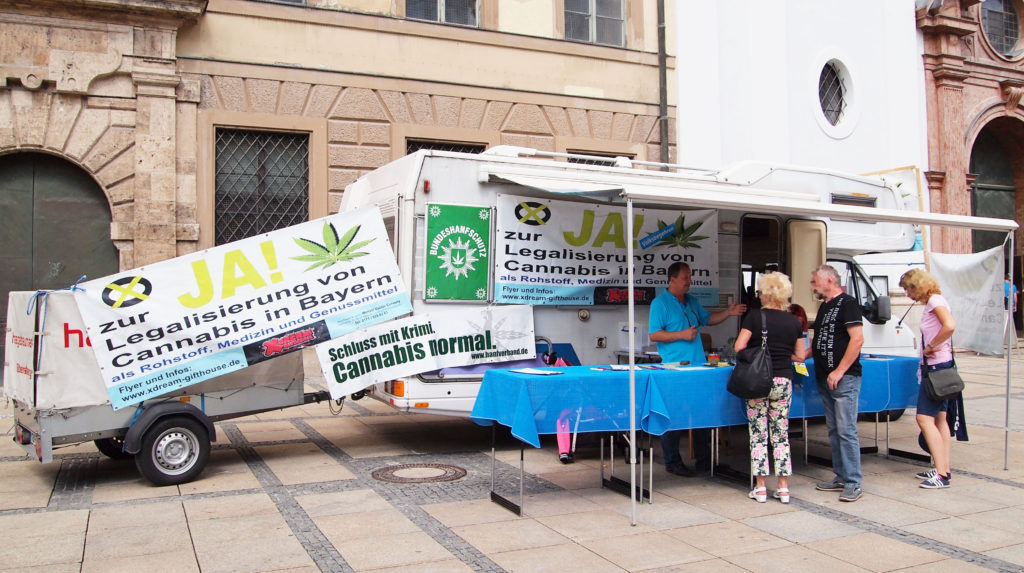With Germany becoming the third largest market outside North America for Cannabis, what can other European countries learn from them in this developing industry?
A Work in Progress
The year 2019 saw Germany enter the podium of countries in the industry of cannabis. That comes two years after Germany legalized the use of cannabis based products for medicinal purposes. Today, more than 60,000 patients have prescriptions which go through their health insurance providers. The German experience can definitely be useful for other European countries when it comes to finding the right approach, although it is not yet perfect either.
One of the problems the system is facing is that the laws vary from state to state inside the country, making it difficult to manage for the central government. Although possession is legal in many regions, the quantity you can carry varies also greatly. For example, a person can possess up to 6g in Hamburg, Lower Saxony and Bavaria, while in Rhineland-Palatinate and Thuringia it is legal to hold on to 10g. In the capital city, the quantity even goes up to 15g which some citizens consider problematic, worried that the city could become like Amsterdam a few years ago, a cannabis tourism destination for citizens of France and other European countries where it is completely illegal. (French online information on cannabis)
The Country is looking to grow its Own Cannabis
Currently, there are no producers of cannabis in Germany. All products are imported but this should change this year. The Federal Institute for Drugs and Medical Devices (BfArM) is looking to give out licenses to producers on German soil. It is currently accepting applications and it should hand out the first ones before the end of the year. It is also searching for a distributor, which could handle all the delivery of domestic cannabis products to German pharmacies, in all states.
Many political parties are also asking to legalize the use of marijuana in the whole country. For them, it is a question of safety first for the consumers of cannabis. Once legal, the quality of the product on the market could be analyzed and certified so that there are no additions which could harm users. Also, through legalization, they could consult their doctors if any problem related to the drug occurred, without having to worry about the repercussions or feeling bad about it. Of course, there would also be taxes added to the product, a significant derivative profit.
In Berlin and Europe
Available statistics indicate that there would be around four million users of cannabis in Germany. This includes individuals with a prescription for medicinal purposes as well as those who use it recreationally. It is particularly quite strong in the capital city of Berlin, where it is celebrated yearly through a parade (Hanfparade) aiming to have cannabis fully legalized in Germany. It even has its own museum (Hanfmuseum).
In a report by “Prohibition Partners”, the cannabis market in Europe should grow to include 60% to 70% of all EU countries, for medicinal purposes, before 2023. If that is the case, it will represent a total value of 8.6 billion euros by 2028.




